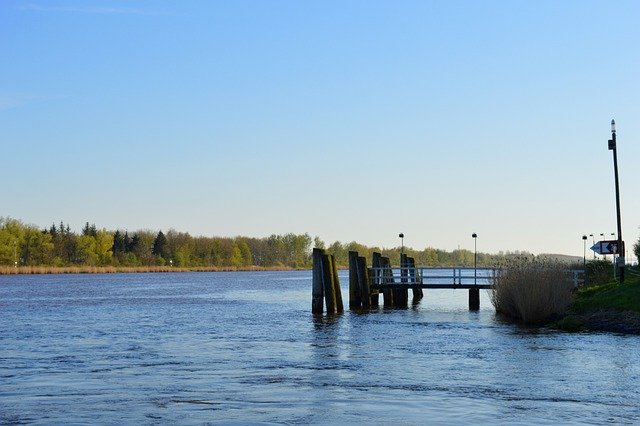A recent study conducted for the environmental advocacy group PennEnvironment has revealed the alarming presence of microplastics in waterways across Pennsylvania. These tiny plastic particles, which do not biodegrade, are turning up in streams, rivers, and other water sources statewide, posing significant pollution concerns.
Microplastics are small fragments of plastic that often come from the breakdown of larger items. Some, like plastic pellets known as nurdles, are visible to the naked eye, but most microplastics are so small they go unnoticed. “They’re in our environment, even if you can’t always see them,” said Faran Saviz, a Zero Waste Advocate at PennEnvironment.
The group’s research tested more than 100 water sites across Pennsylvania. Shockingly, every single site tested contained microplastics, even in the state’s most pristine waterways. “We found these pollutants in all waters tested, including high-quality trout streams and ‘exceptional value’ waterways,” Saviz explained. “It doesn’t matter if it’s a clear, litter-free stream or a visibly polluted river—microplastics are everywhere.”
This widespread contamination raises pressing questions about the impact on human health. Harry Campbell, Pennsylvania’s Science Policy and Advocacy Director at the Chesapeake Bay Foundation, shared troubling insights. “Humans are likely consuming around 2,000 particles of microplastics every week. These tiny particles can infiltrate our bloodstream, heart, lungs, and even the brain,” he said. Once inside the body, microplastics can release harmful compounds that break down into chemical components, potentially causing serious health risks, from cancer to learning and mental health challenges.
PennEnvironment’s findings underscore an urgent need for action. These results reveal that no water source, no matter how clean it appears, is immune to microplastic pollution. Environmental advocates hope that this research will spark efforts to reduce plastic waste and protect water quality.
